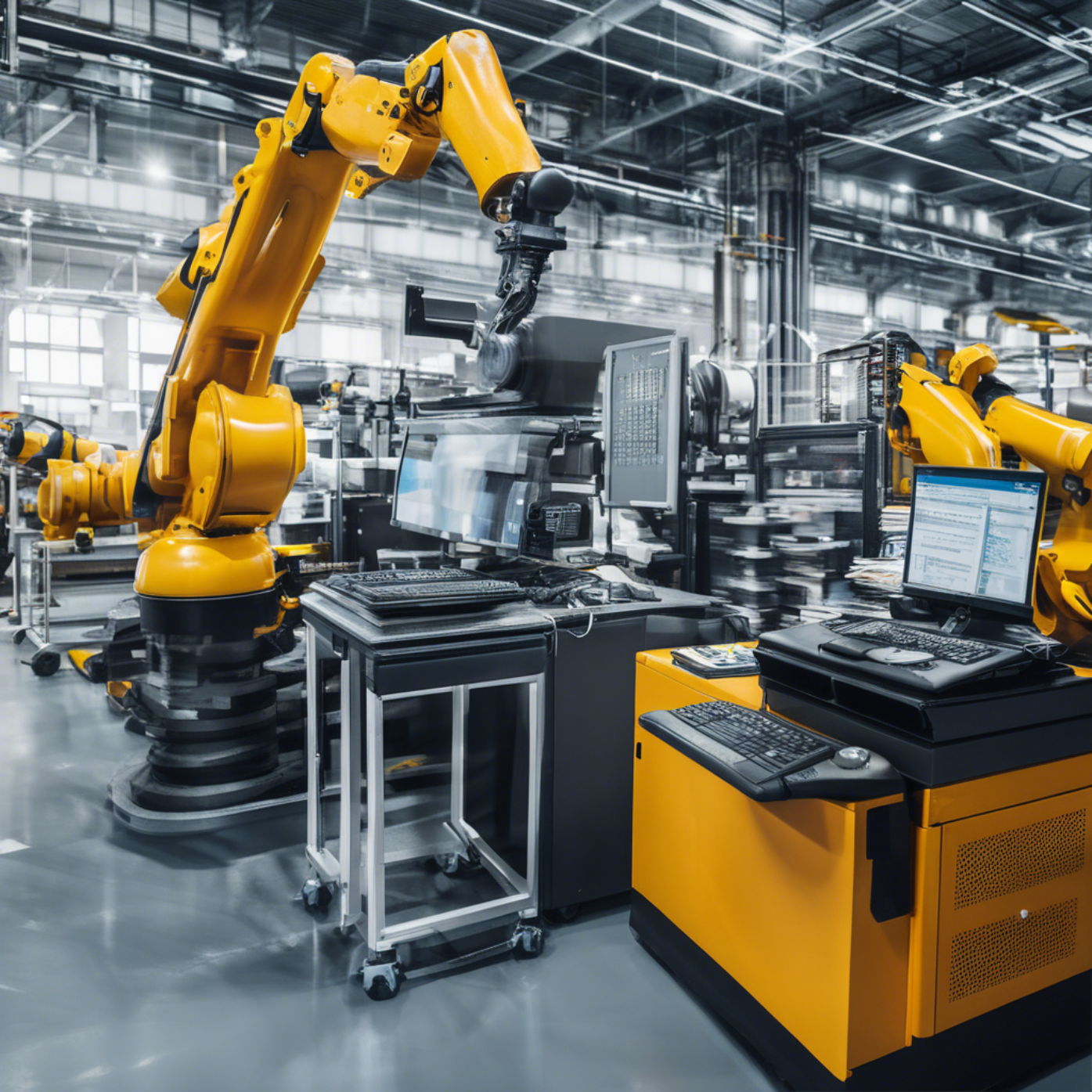
Introduction
Running a manufacturing business means keeping track of countless moving parts—production, inventory, supply chains, and financials. Manufacturing ERP software unifies these elements into one cohesive system, streamlining processes and boosting accuracy. For manufacturers aiming to enhance efficiency and remain competitive, it’s a smart move.
Understanding Manufacturing ERP Software
Definition and Core Purpose
Manufacturing ERP (Enterprise Resource Planning) software is a digital platform designed to manage and integrate critical areas of manufacturing operations. Covering everything from procurement to delivery, it serves as the operational command center—automating tasks and ensuring alignment across departments.
What Sets It Apart from General ERP Systems
Unlike generic ERP platforms, manufacturing-specific ERP solutions are built with the production floor in mind. They offer dedicated tools for scheduling, raw material management, shop floor oversight, and quality control—ensuring every product meets required standards.
Key Capabilities of Manufacturing ERP
Inventory Control
Stay ahead of stock shortages and excess inventory. ERP systems offer real-time tracking of raw materials and finished goods, improving warehouse operations and cutting storage costs.Production Scheduling
ERP software handles job scheduling and resource allocation efficiently, keeping your production cycle on track—even when sudden changes occur.Quality Assurance
Integrated quality control features monitor every step of the process, flagging issues before faulty products leave the facility.Supply Chain Oversight
From sourcing to final delivery, ERP monitors the entire supply chain, helping avoid delays and reducing disruptions.Financial Integration
ERP connects with accounting systems to provide accurate budgeting, cost tracking, and instant financial reporting.
Why ERP Is a Game-Changer for Manufacturers
Increased Efficiency
Automating routine processes frees up time for high-priority tasks, helping teams work faster and more effectively.Access to Real-Time Insights
With ERP, every department stays up to date with live data—improving visibility and coordination across your operation.Smarter Business Decisions
Comprehensive analytics and customizable reports support informed, data-backed decision-making.Lower Operational Costs
Better resource planning, inventory control, and scheduling lead to significant cost savings and higher margins.Improved Compliance and Risk Mitigation
ERP helps maintain compliance with industry standards and reduces the chances of human error or documentation gaps.
Enhancing Workflow Through ERP
Centralized Data Access
Eliminate scattered information across multiple platforms. ERP provides a single source of truth accessible to all teams.Fewer Manual Mistakes
Automating entries and updates minimizes errors, reducing the need for rework and saving time.Smoother Interdepartmental Communication
ERP connects departments like sales, finance, production, and procurement—ensuring consistent communication and coordination.
Choosing the Right ERP for Manufacturing
Scalability and Flexibility
Choose a system that can grow with your business and adapt to your specific requirements over time.Ease of Use
A user-friendly interface ensures quicker adoption and greater efficiency across your team.Integration Support
Look for ERP solutions that integrate easily with your existing tools—CRM, HR systems, or warehouse management.Industry-Specific Features
Select ERP software tailored to your sector, whether it’s automotive, food processing, or pharmaceuticals, for better alignment with your needs.
Real-Life Impact of ERP in Manufacturing
Case Studies
One electronics company cut production delays by 30% after switching to ERP. A textile firm reduced inventory costs by 25%. These are tangible benefits seen in real-world scenarios.Measuring ROI
Manufacturers often recoup their ERP investment within 12 to 18 months, thanks to gains in efficiency, forecasting, and reduced waste.
Overcoming ERP Implementation Challenges
Investment of Time and Money
While the upfront cost can be substantial, the long-term benefits make it a worthwhile investment when implemented correctly.Staff Training
Success depends on your team using the system effectively. Proper training ensures smooth onboarding and consistent usage.Migrating Data
Moving from legacy systems requires careful planning. With professional guidance, you can ensure a seamless transition.
Final Thoughts
Adopting a manufacturing ERP system can redefine how your business functions—improving productivity, visibility, and decision-making. It’s more than a management tool; it’s a catalyst for smarter operations and sustainable growth. If your goals include efficiency, cost control, and agility, ERP is a strategic step forward.
Write a comment ...